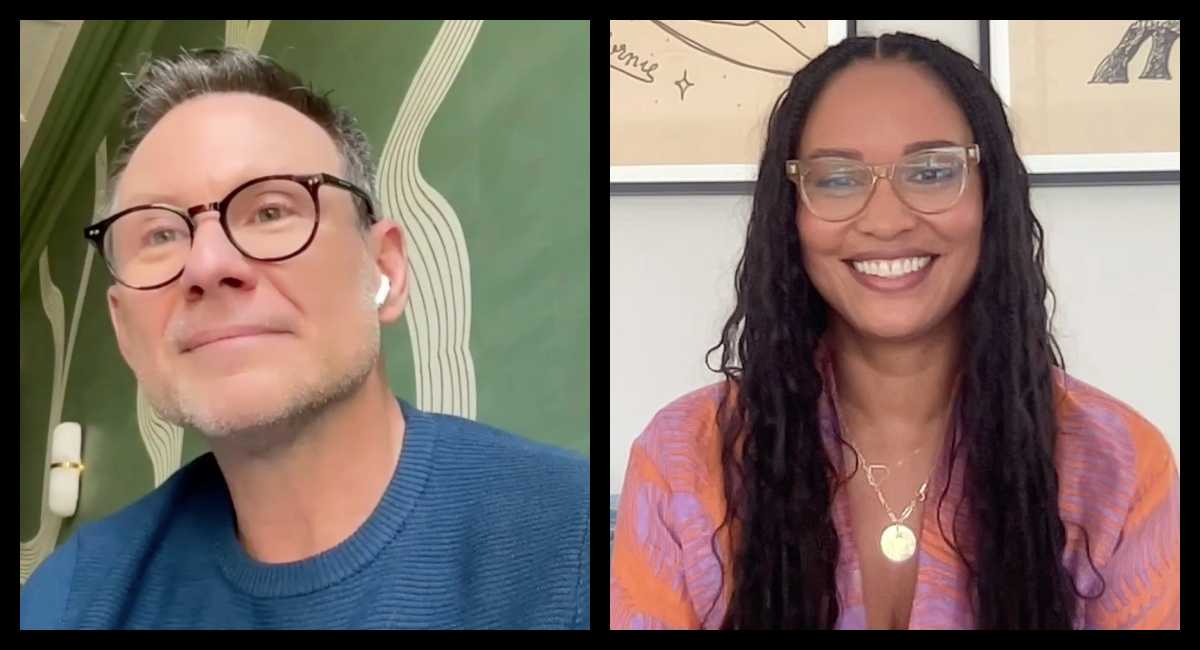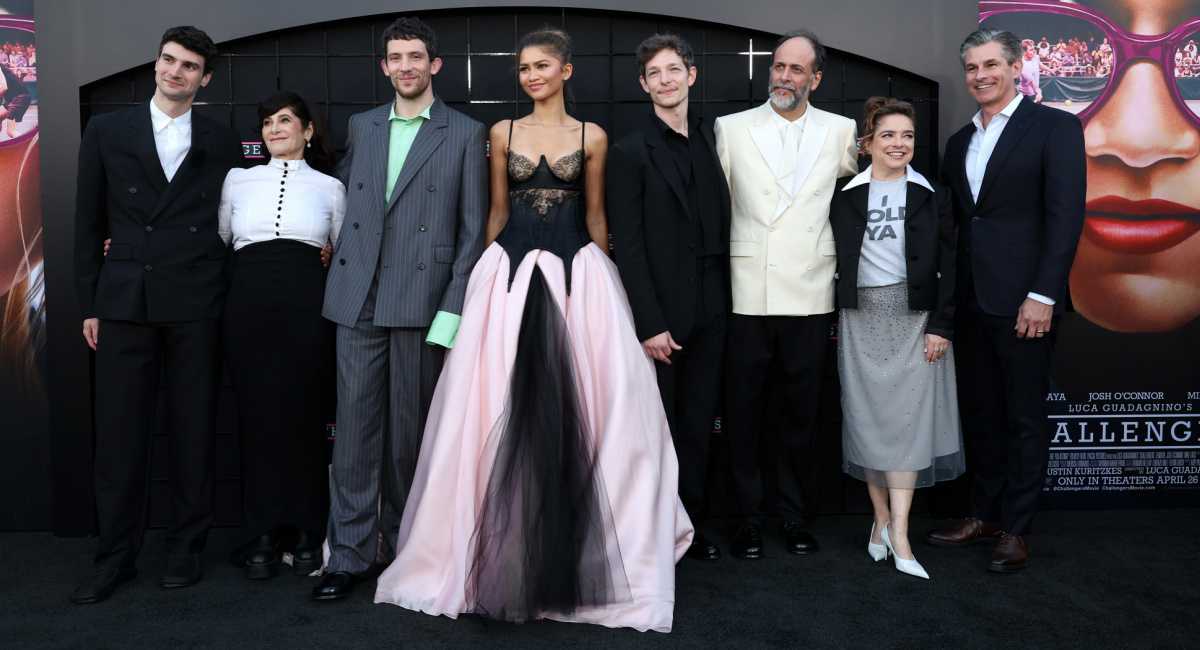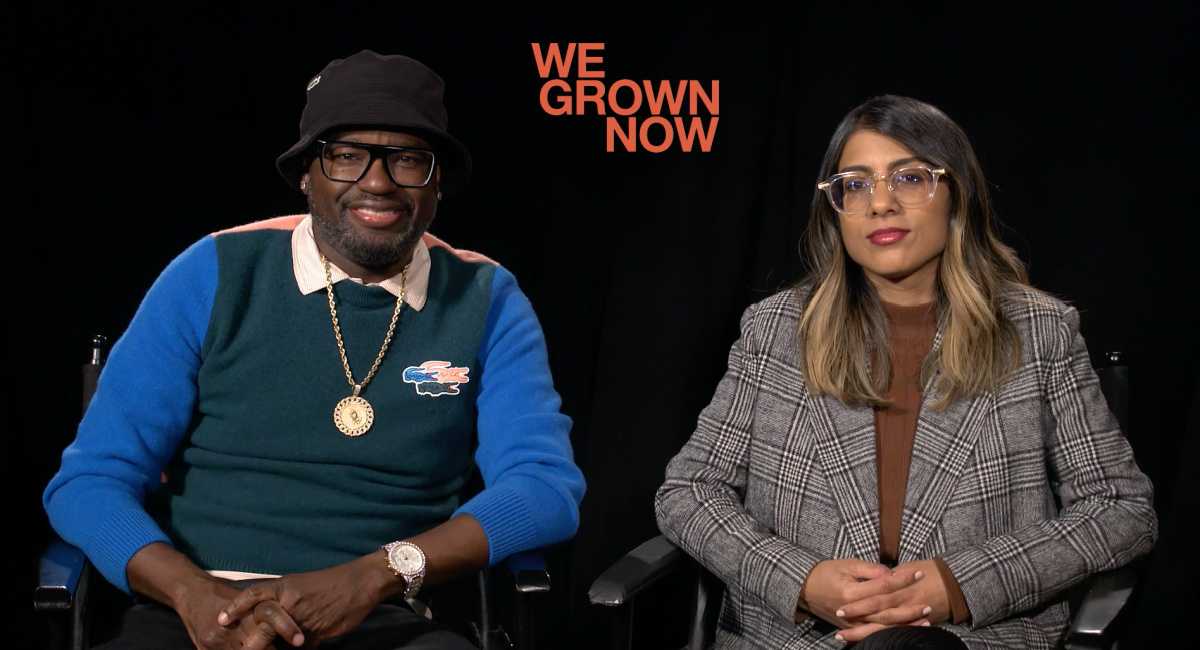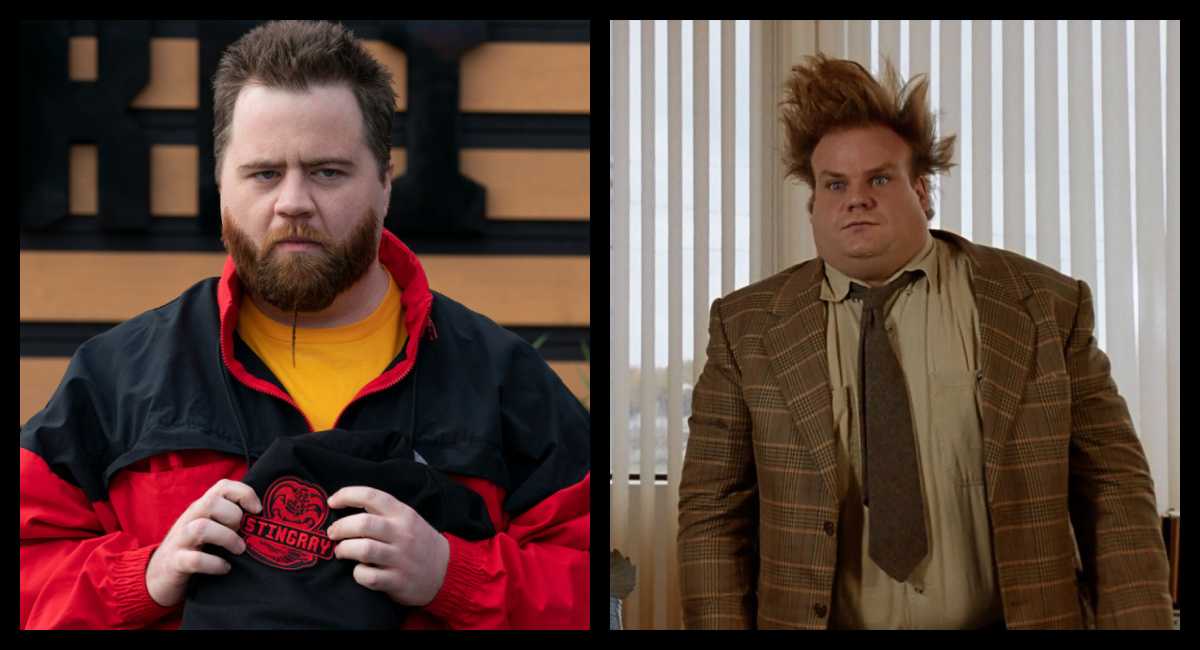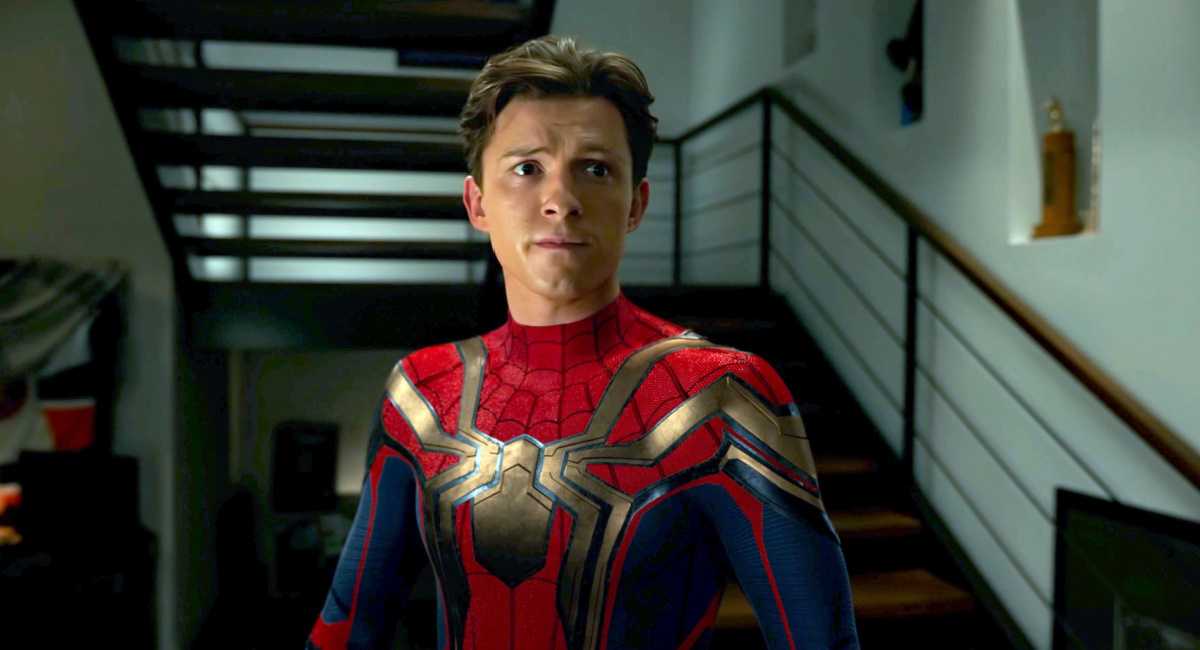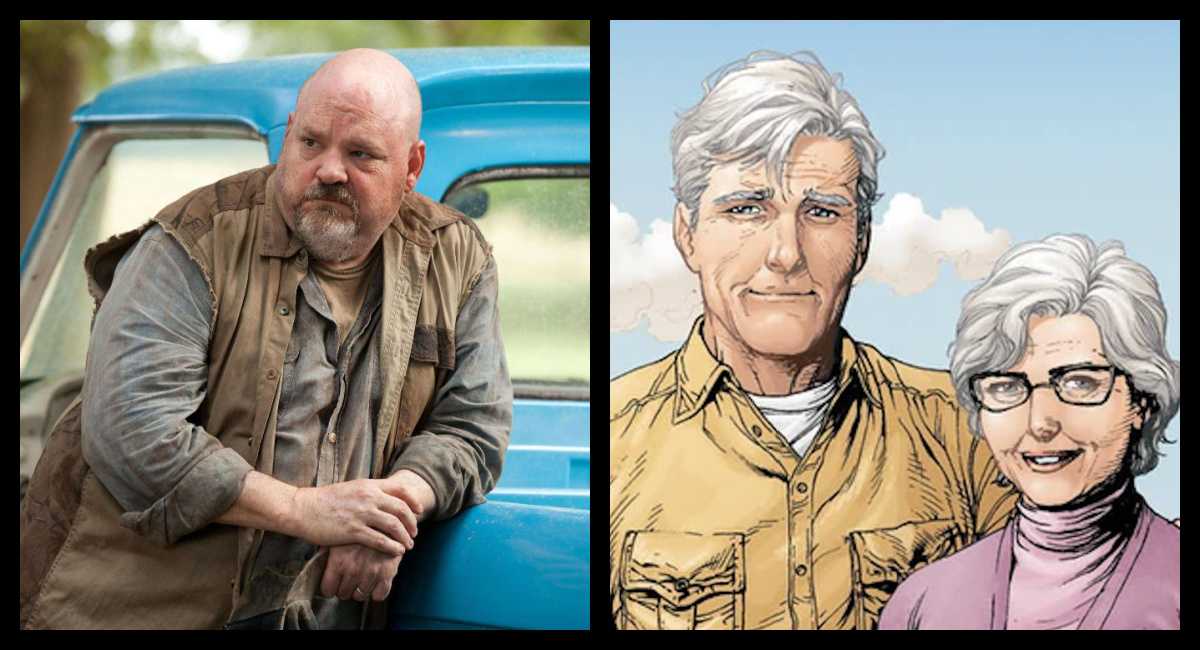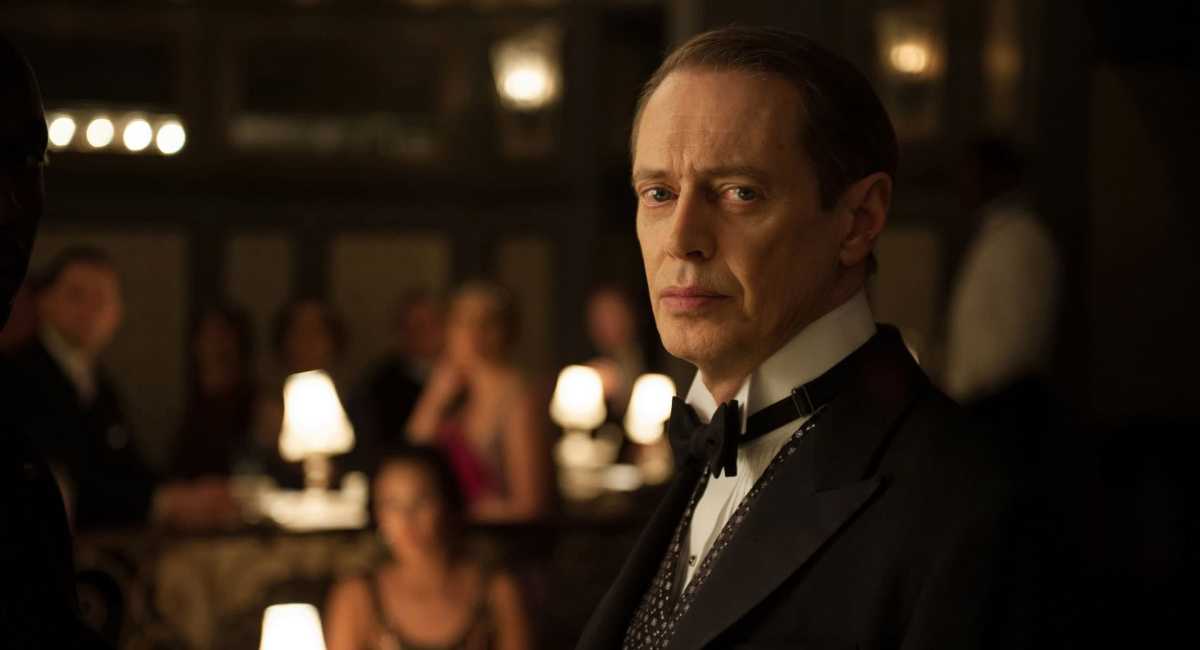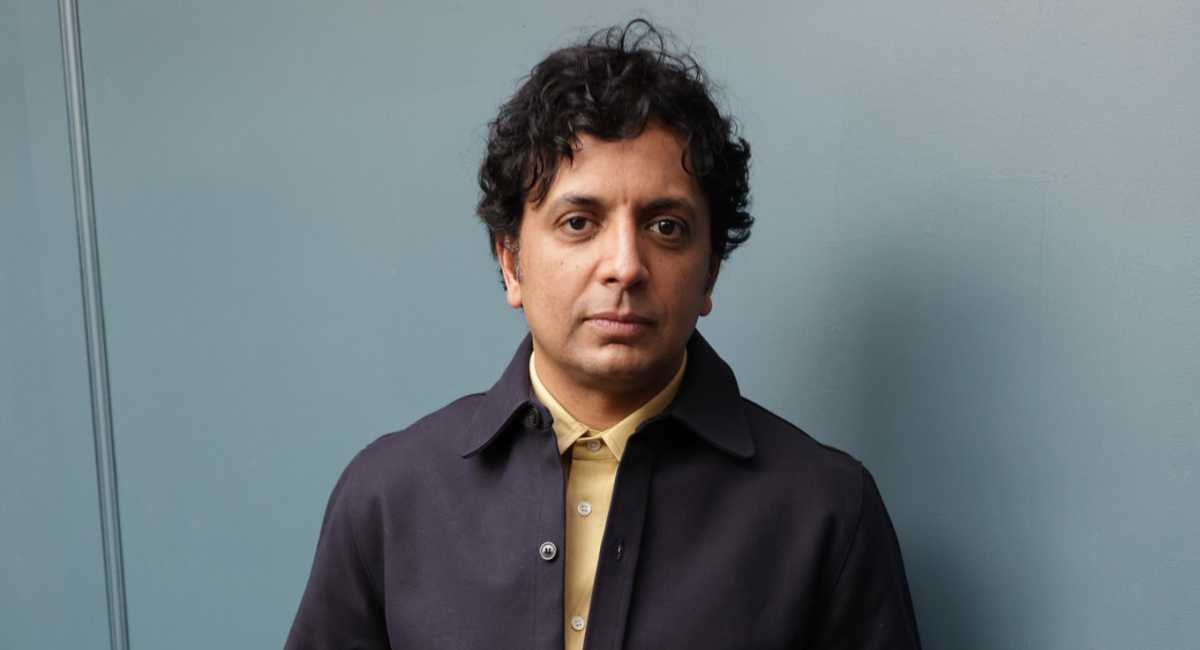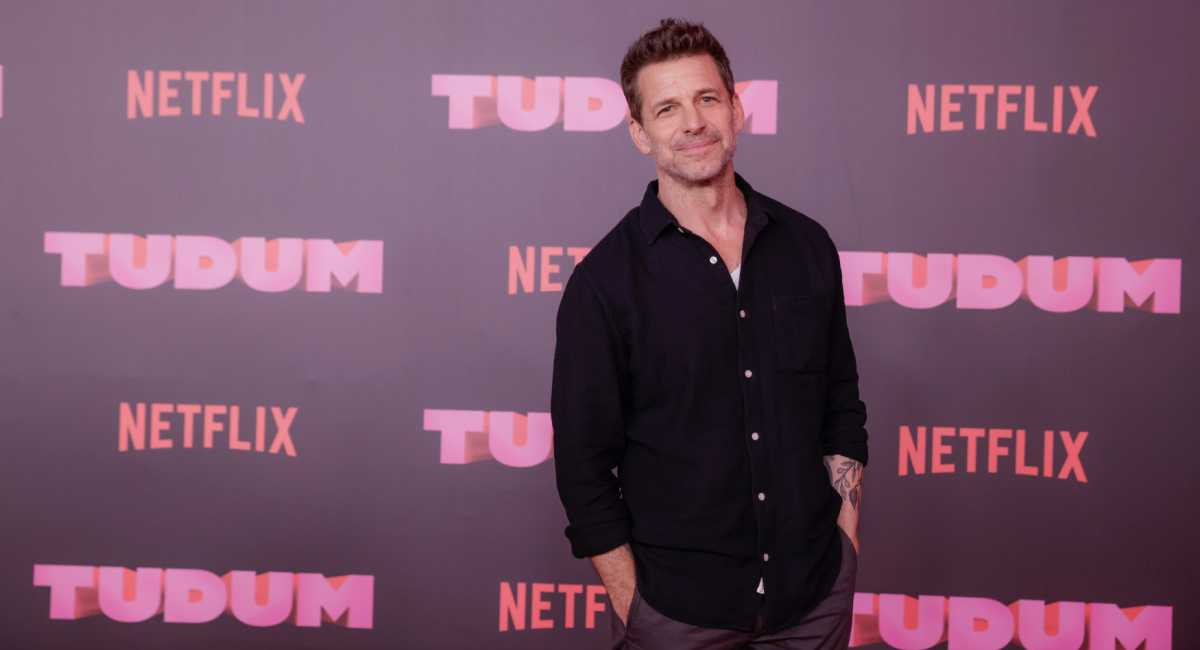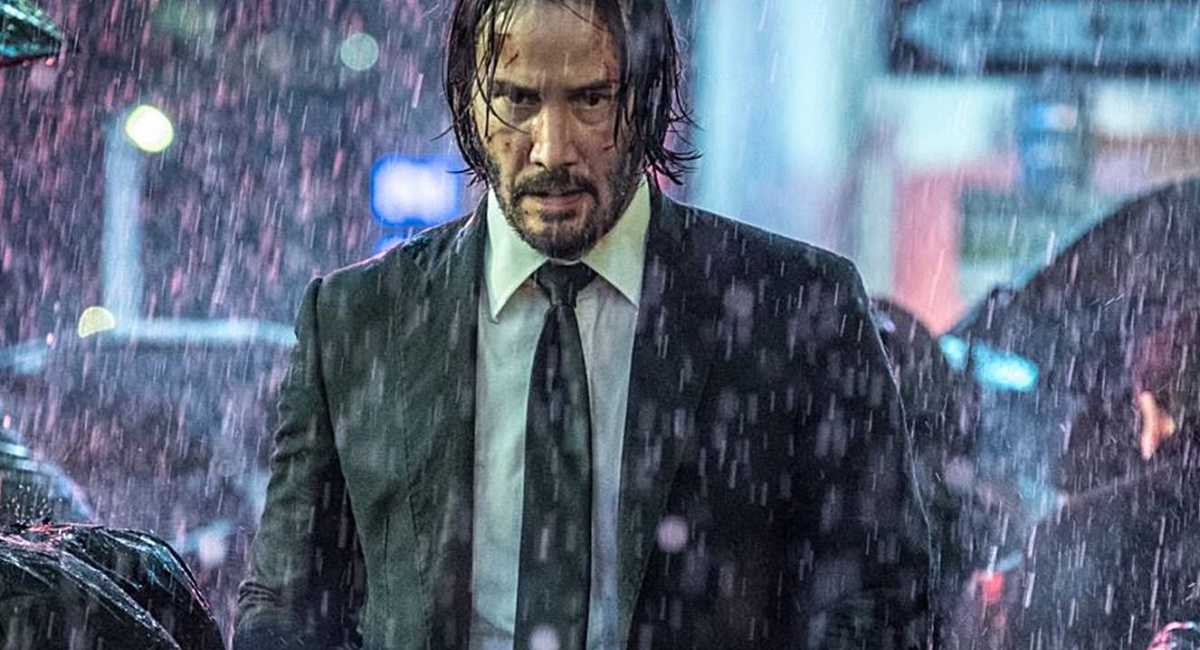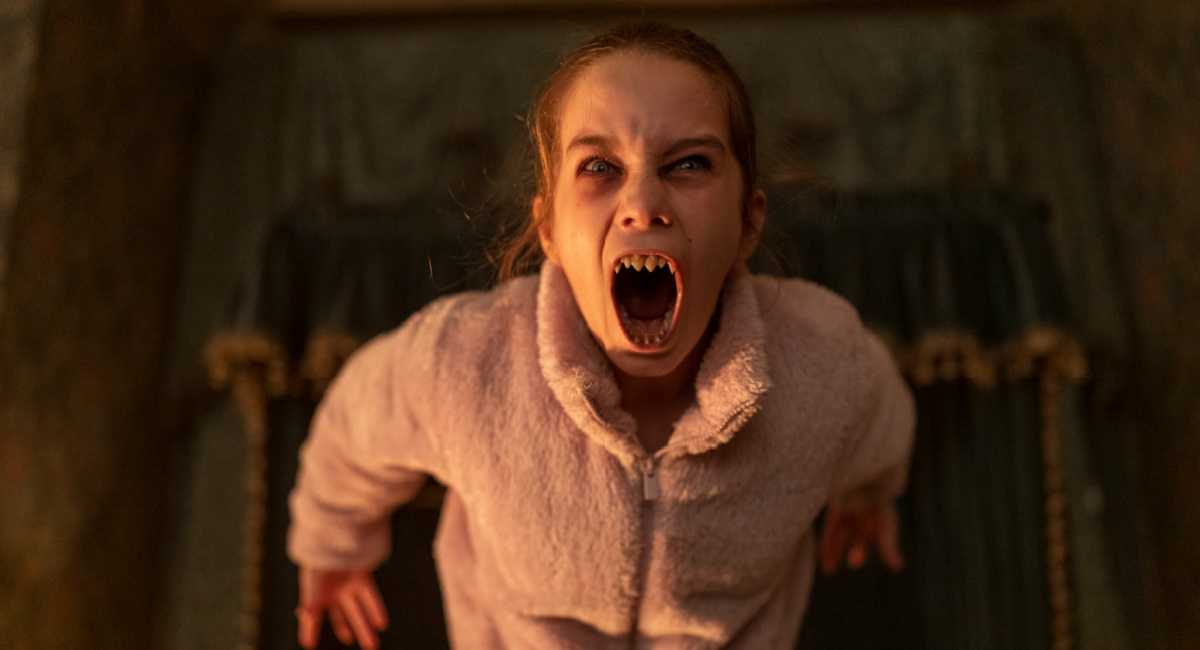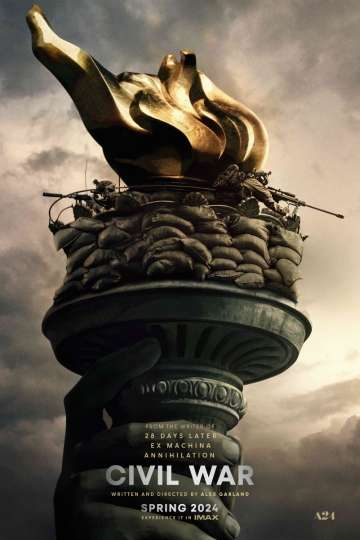'Aloha' Accused of Being Too White, Sony Defends Cameron Crowe
It took them a few days, but Sony finally commented on complaints that writer/director Cameron Crowe's new movie "Aloha" -- starring Bradley Cooper, Emma Stone, Rachel McAdams, Bill Murray, John Krasinski, Danny McBride, and Alec Baldwin -- is jam-packed with white people, like the ones named above, while relegating people of color to the sidelines.
"Caucasians only make up 30 percent of the population [of Hawaii], but from watching this film, you'd think they made up 99 percent," said Media Action Network for Asian Americans rep Guy Aoki (via New York Post). "This comes in a long line of films — 'The Descendants,' '50 First Dates,' 'Blue Crush,' 'Pearl Harbor' — that uses Hawaii for its exotic backdrop but goes out of its way to exclude the very people who live there. It's an insult to the diverse culture and fabric of Hawaii."
Aoki said the biggest roles for Asian-Pacific Islanders in "Aloha" are "Indian pedestrian," "upscale Japanese tourist" and "upscale restaurant guest." Director Crowe said that he wanted to play off the rich history of Hawaii, but Aoki countered, "How can you educate your audience to the 'rich history' of Hawaii by using mostly white people and excluding the majority of the people who live there and who helped build that history — APIs?"
A spokesperson for Sony just stepped in to defend "Aloha," with this statement (via Entertainment Weekly):
While some have been quick to judge a movie they haven't seen and a script they haven't read, the film Aloha respectfully showcases the spirit and culture of the Hawaiian people. Filmmaker Cameron Crowe spent years researching this project and many months on location in Hawaii, cultivating relationships with leading local voices. He earned the trust of many Hawaiian community leaders, including Dennis 'Bumpy' Kanahele, who plays a key role in the film."
There were separate complaints about use of the word "aloha" itself, but that seems to have sidelined the larger point MANAA was making about representing the majority of the people in the location you're supposedly there to showcase. It's possible this will just get more people interested in watching "Aloha" -- either to see if the complaints are justified or in a backlash statement against "oversensitivity." But it might just be forgotten until the next movie comes around to re-launch the whitewashing debate.
Want more stuff like this? Like us on Facebook.




